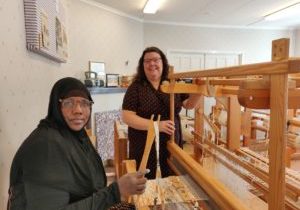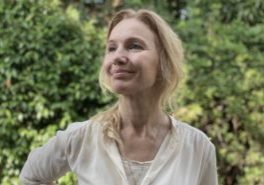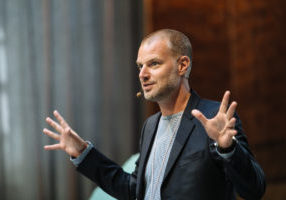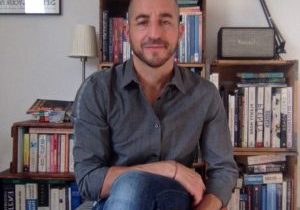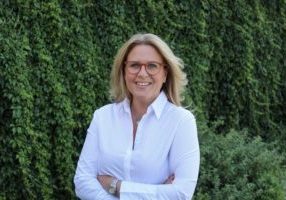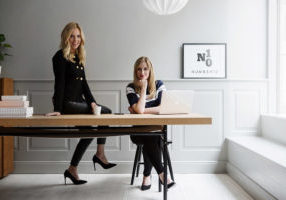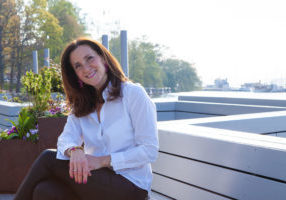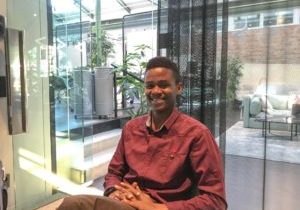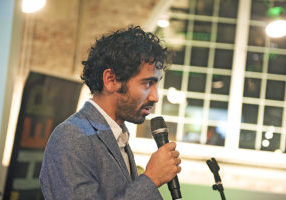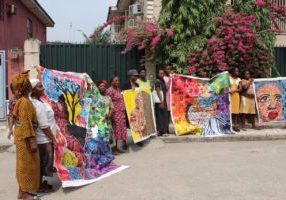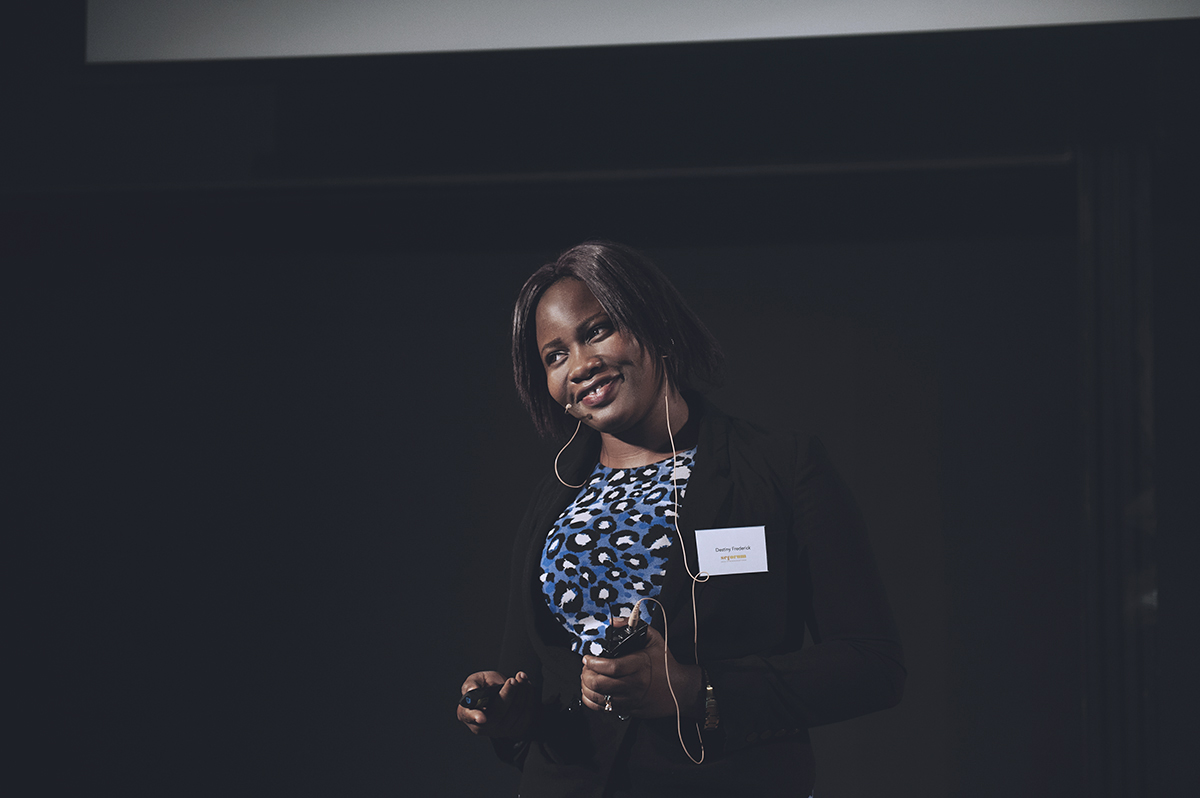
Changing the view on waste and recycling in Nigeria through entrepreneurship
April 24, 2018 - Interviews
Destiny Frederick is the young entrepreneur who is changing the view on and market for waste and recycling in Nigeria. She is the talented biochemistry graduate who wanted to do something different and go her own way. She is also one of our SE Outreach Accelerator alumna from 2017 and we had the pleasure of meeting up with her on our recent trip to Nigeria.
What was it like starting out, setting up your own business?
It’s definitely been a journey, and I’m still learning. After university, my Dad wanted me to go to the capital Abuja to get a good job in business, but I knew I didn’t want just any job, I wanted to solve a problem. And with 180 million people in Nigeria challenged with erosion, pollution and health hazards due to poor waste management systems across the country, this was, and still is, a big problem to solve. So, I set up my business EcoFuture to start solving it, and we’re today collecting waste across my home city of Benin City that we sort and crush and sell as raw material to other businesses that create new products from it.
My Mum has been supportive since the start, she helped out in the beginning and has shares in the company. My Dad had a harder time getting used to the idea but his mindset changed as I started receiving awards and was able to travel abroad because of my business. He can now see that it’s successful and he’s very proud of his daughter travelling the world!
How has the business developed?
I’m still working out of my own backyard but we’ve been growing a lot since I started only a few years ago. I won an award in 2015 that allowed me to build the canopy that is currently the factory, and the company has grown to now having 10 staff. But what’s changed the most is the business model, and that changed after taking part in the SE Outreach Accelerator.
How did it change?
Before the Accelerator I was running a highly competitive B2C model that was neither time nor cost effective, and I was warned by my SE Forum coaches that my business would collapse if I continued managing my finances in the way that I did. But the fear motivated me and it made me take action and change my business model. I switched to an elevated B2B model, which instead enabled me to use and train my previous competitors to make my own work and waste collection more efficient. We stopped doing door to door collection, which was hard work with expensive fuel and bad roads. Instead, we’re working with our previous competitors and let them bring waste, which means less hassle and more waste, which in turn means I can have bigger customers.
The Accelerator was also an eye-opener in terms of financial management and cash projections. I realised I had to run it like a business, not an NGO as the way I was doing it wasn’t sustainable. I wasn’t considering all expenses – I was attending conferences and speaking at events, but I was doing it for my own money rather than seeing it as part of the marketing budget. This all became clear during the Accelerator and I got help from the coaches to get my finances and cash flow in order.
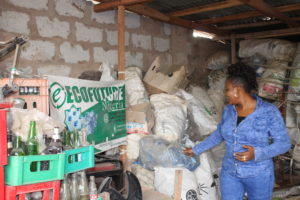
What are your current challenges and what’s next for EcoFuture?
Running a business in Nigeria means issues with electricity, which is stopping us from running our machines. High importing costs are also making it difficult to get hold of the machinery we need to grow the business. But we are growing and are hoping to be able to work around these problems. The next big thing will be our move but we’ll wait a little longer until our cash flow is more stable as the rent for the new factory and office is expensive and we want to make sure we can handle the extra cost.
We’re looking to expand further but need new equipment so I’m currently in the process of trying to get a loan, which again, isn’t very easy in Nigeria. But my aim is to eventually have the machinery where I can recycle more myself and sell finished products to customers rather than just the material for them to use in their production.
Has the recycling industry and how people view it changed since you started?
Yes. People are much more aware of the issue of waste, and they are also realising that it can be valuable, that it’s not necessarily just trash. More companies are doing recycling now and I’m getting more and more competitors. But the competition is good as it’s down to more people being aware, which subsequently will lead to more business and more customers for me too as the market itself is growing.
What has been your biggest learnings and what advice would you give to other entrepreneurs?
Making sure I’m working with the right business model and that I have the right strategy in place. Also, building a strong team. I learned about various ways to motivate a team during the Accelerator and I have started introducing some of these and am already seeing results. For example, I gave my Managing Director shares in the company to motivate him to stay on and to ensure his dedication to the company’s success.
In terms of advice, I would urge all entrepreneurs to not try to do everything yourself! You can’t do everything – you don’t have the skills or resources – so it’s important to be able to rely on partners. Remaining focused is also key and I would also tell entrepreneurs to ensure they’re passionate about what they do!
Photo credits: Stina Svanberg (main image from SE Outreach Accelerator 2017 Graduation) and Tove Nordström (in-text image from EcoFuture’s factory in Benin City, Nigeria)

